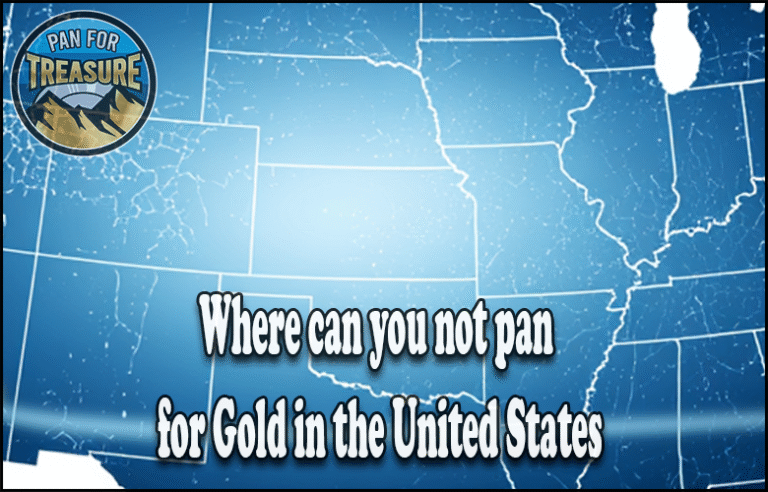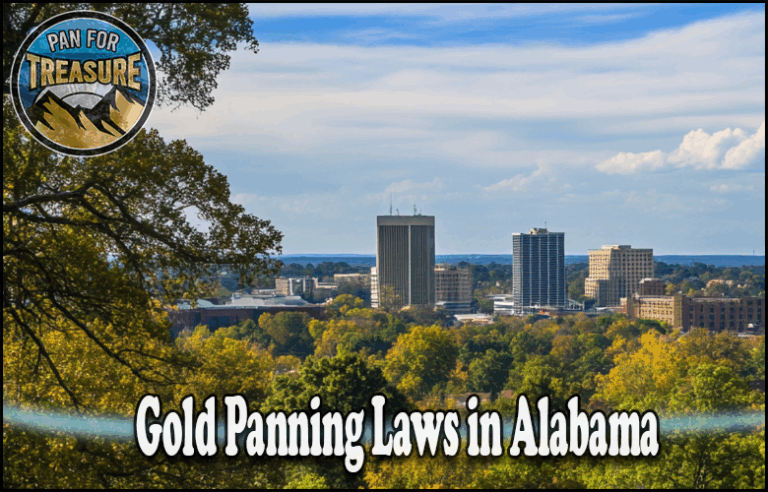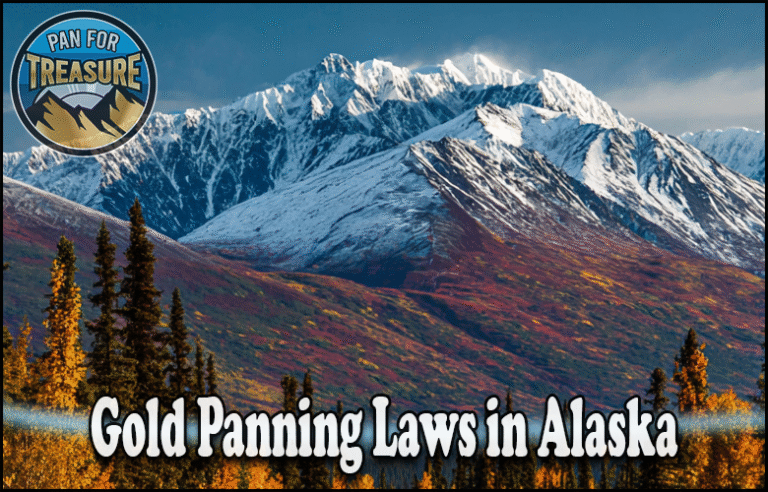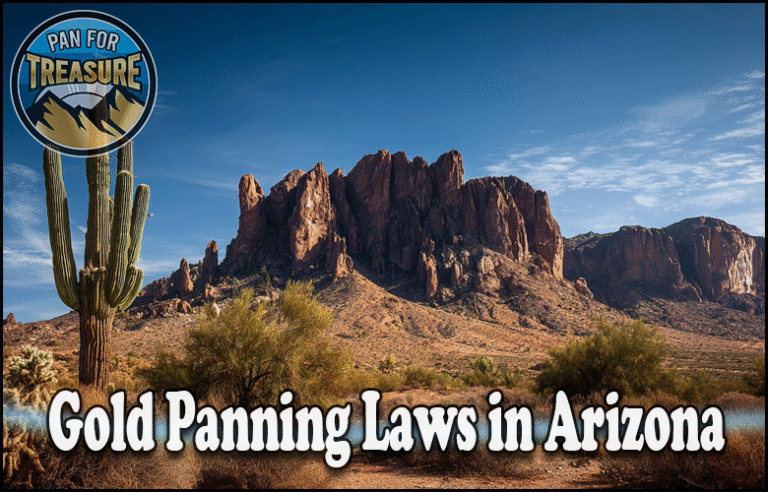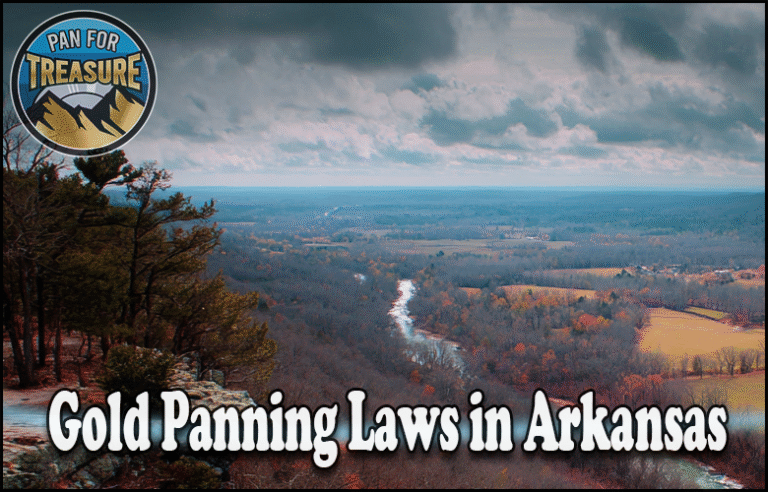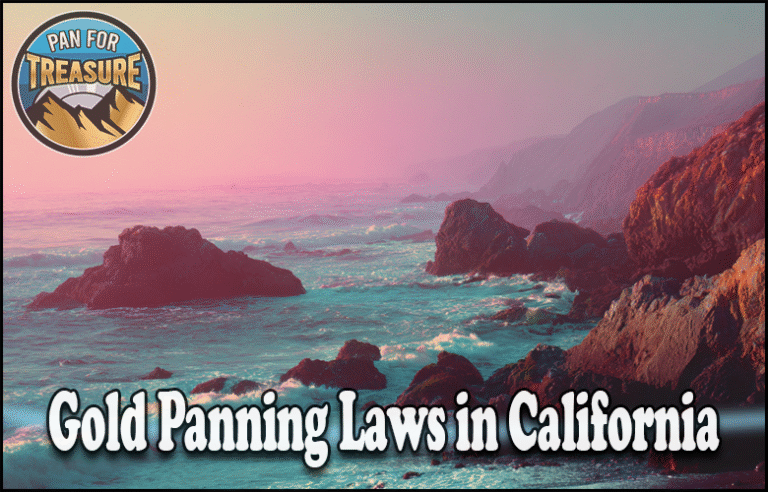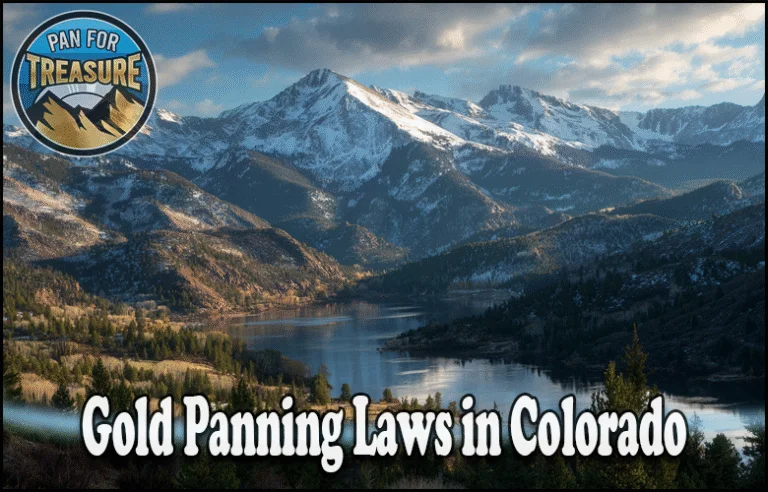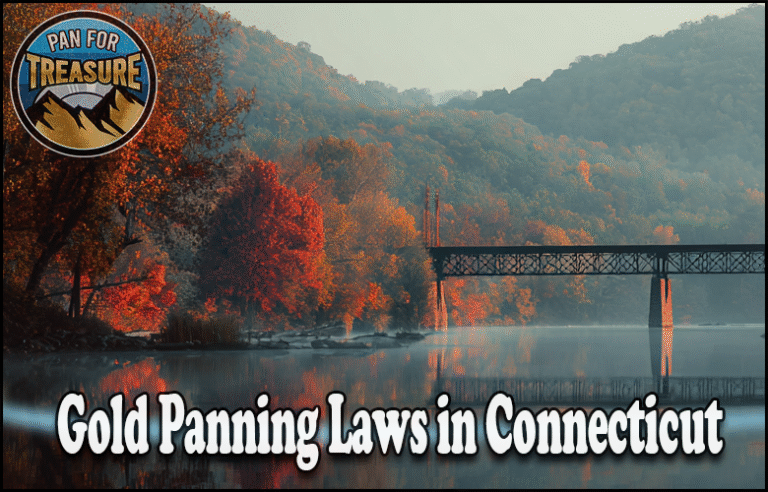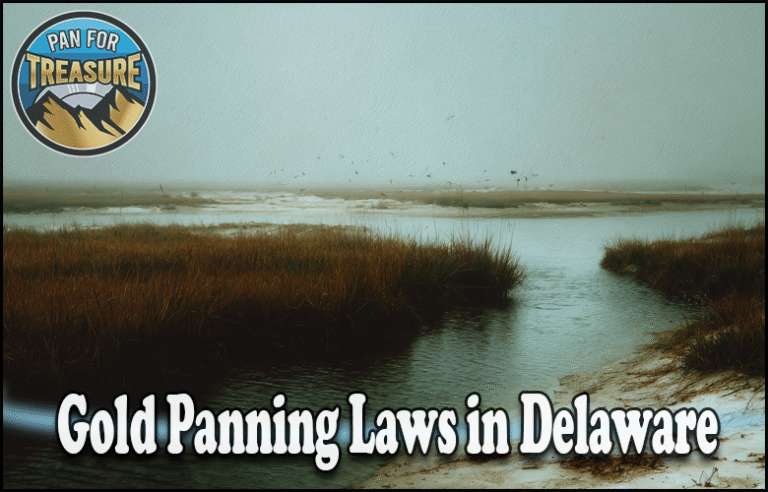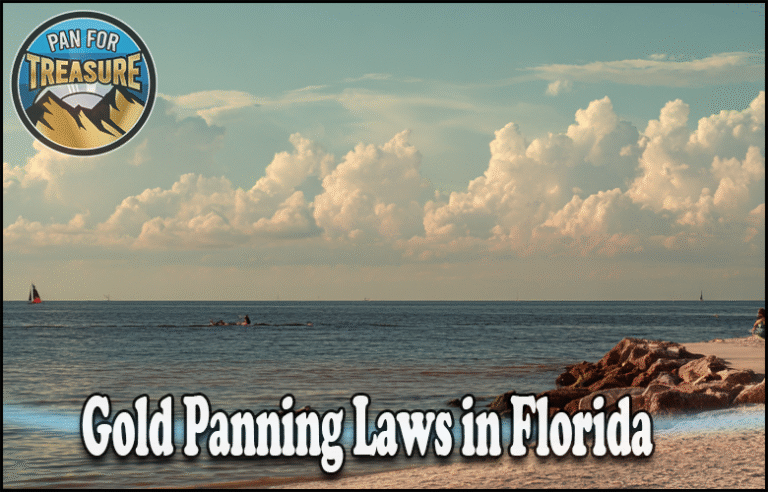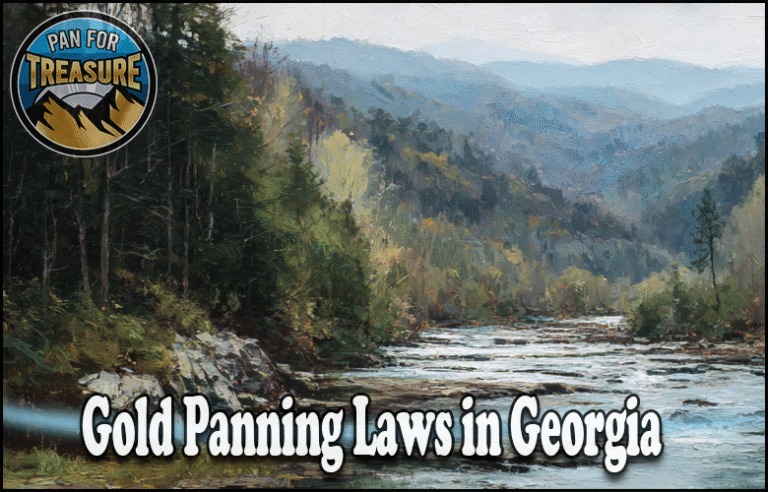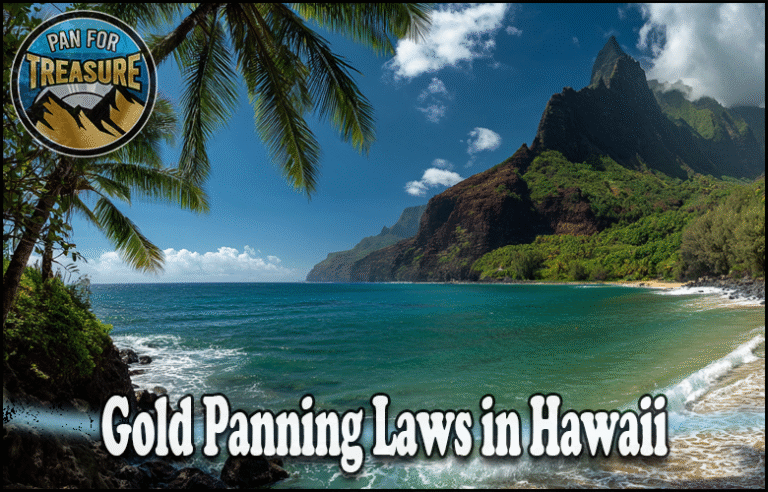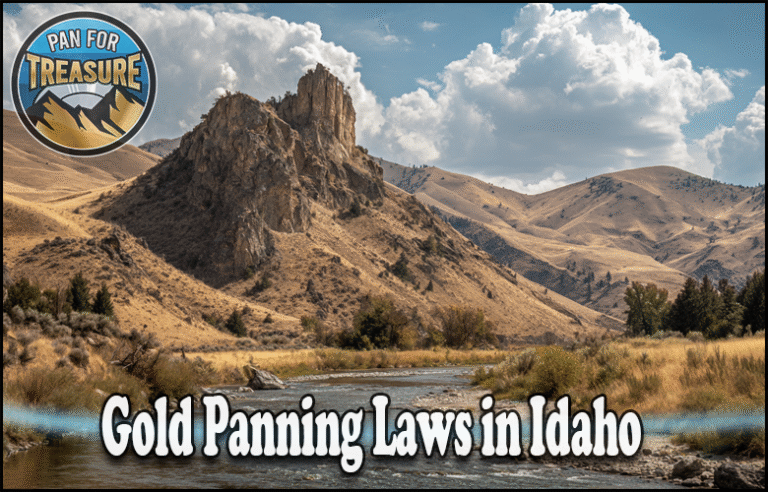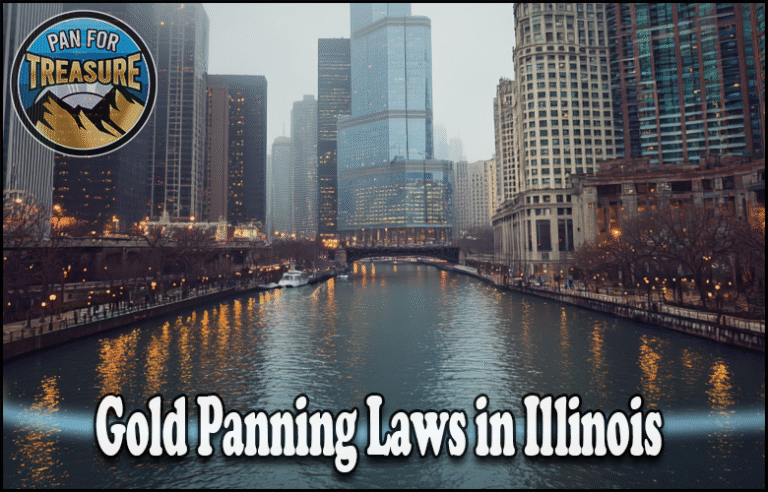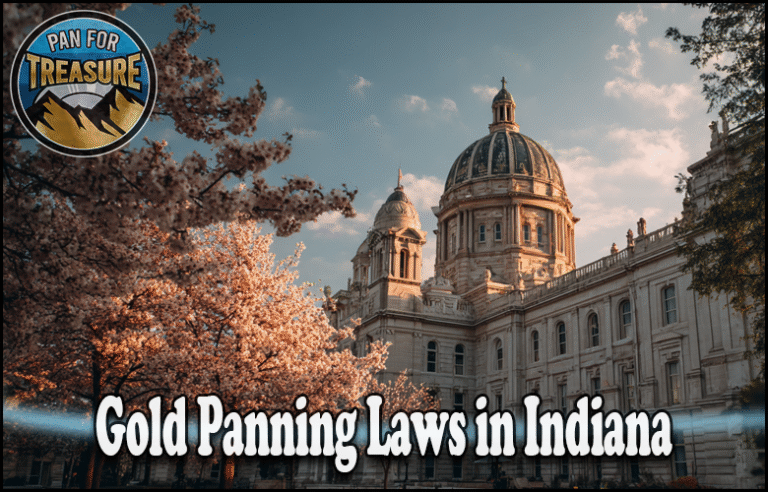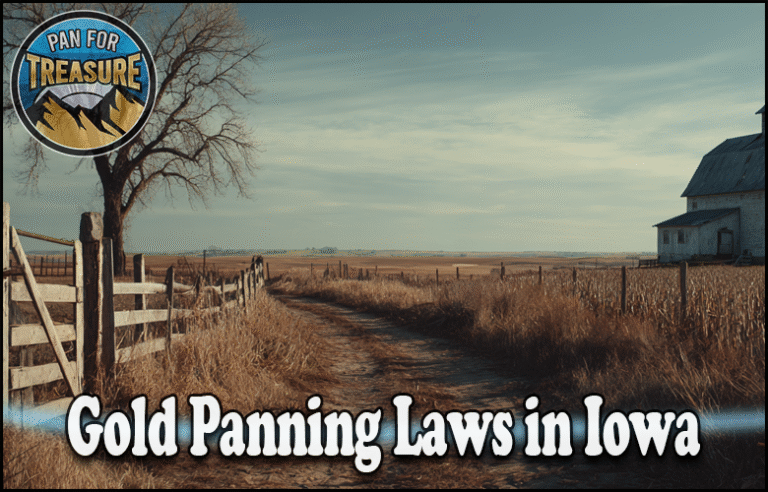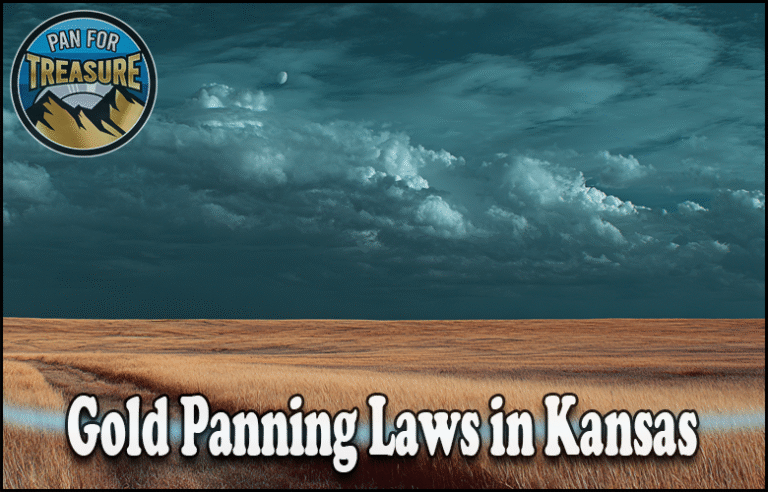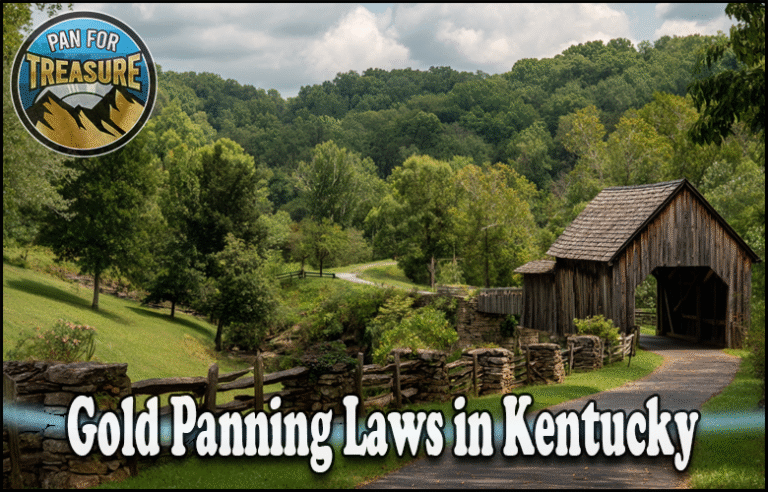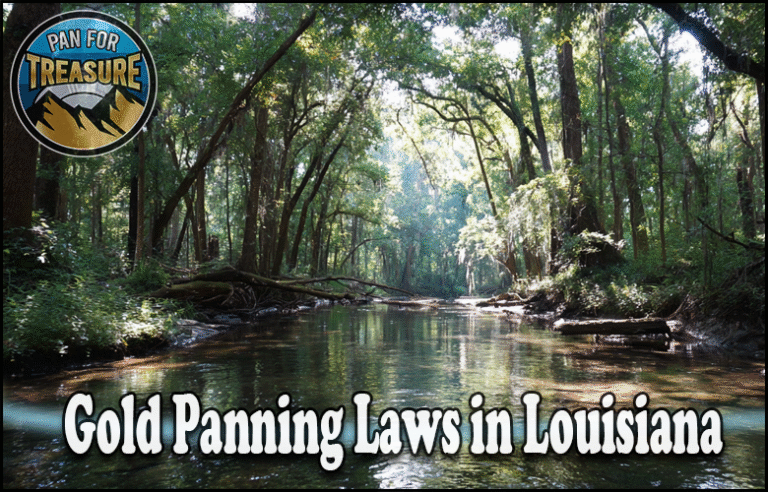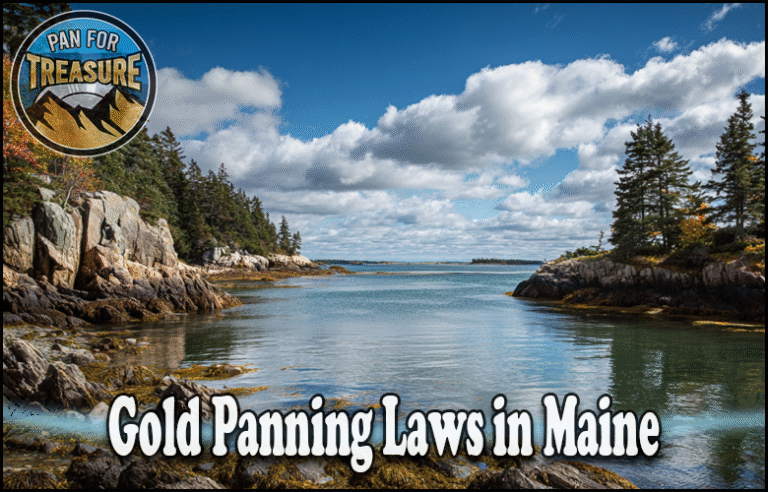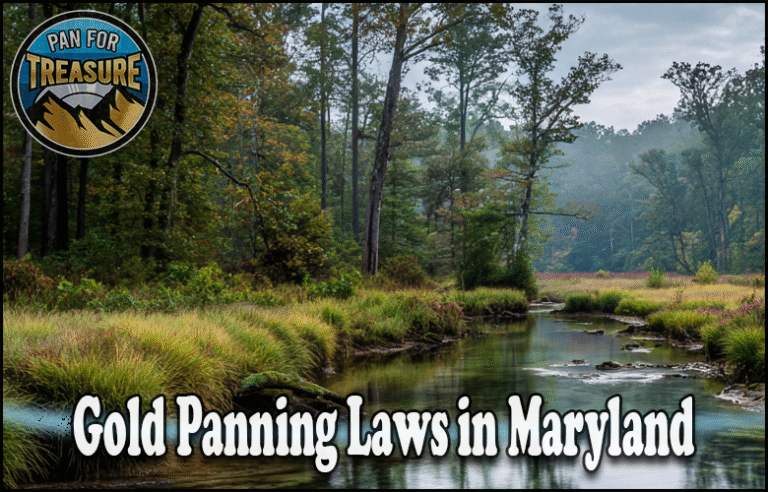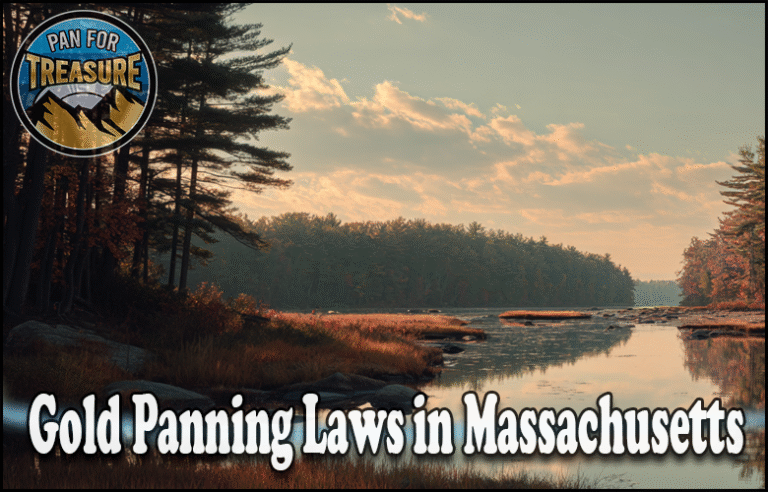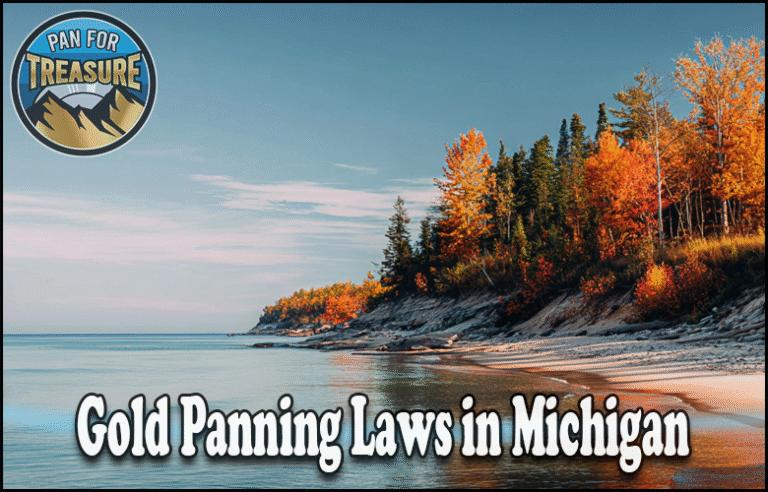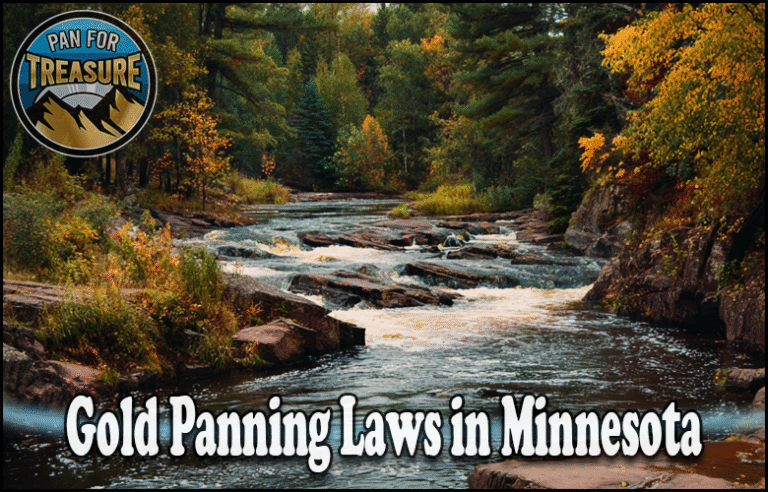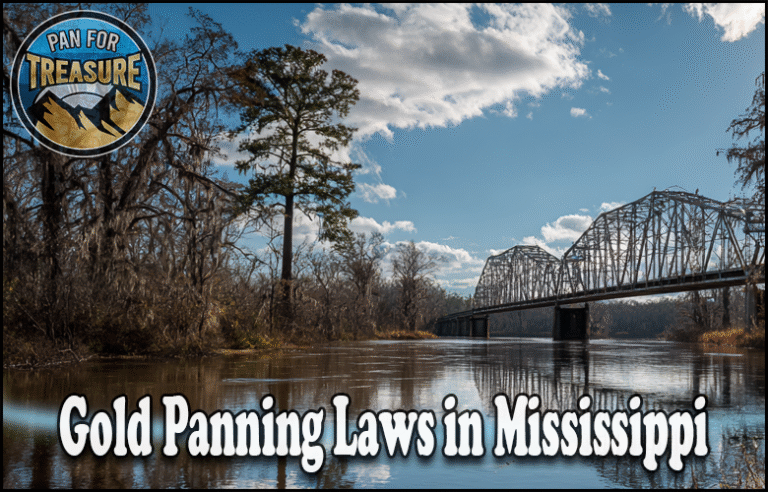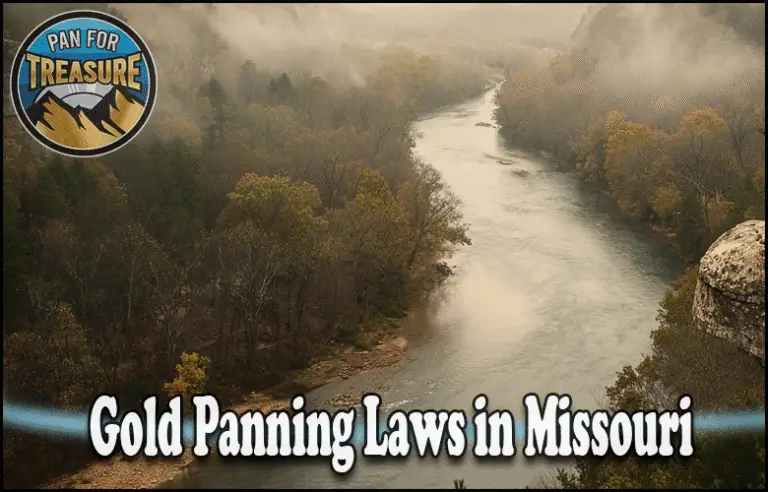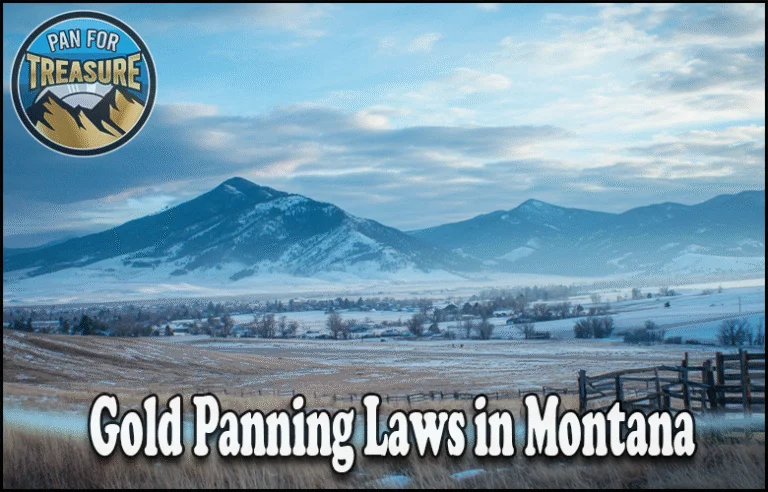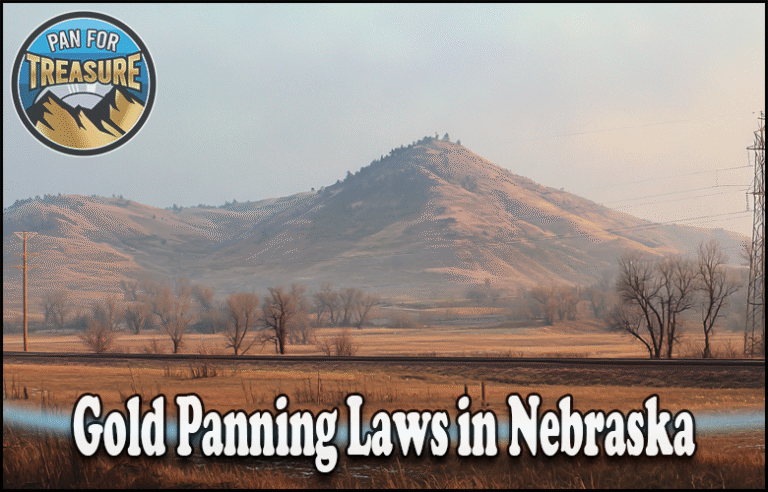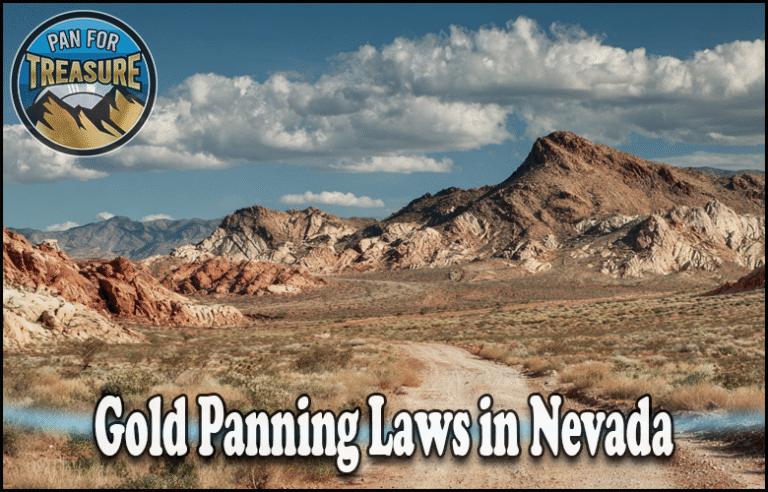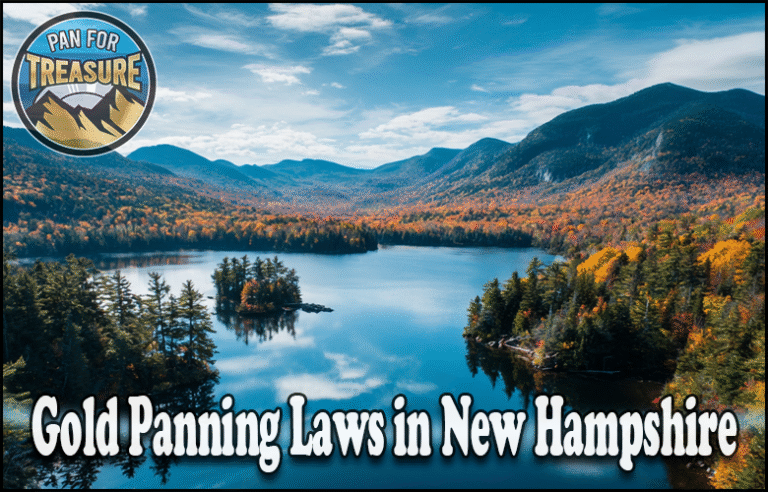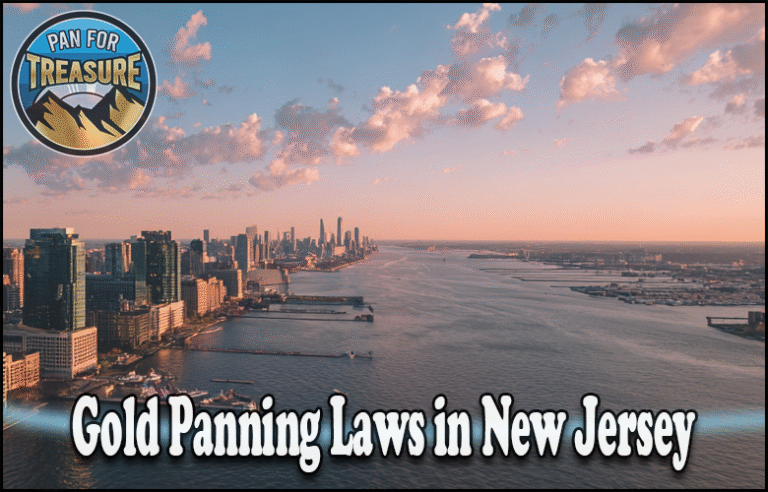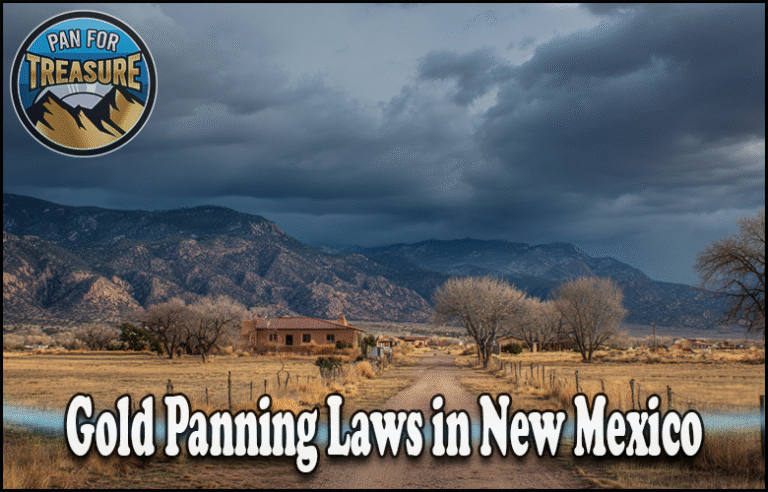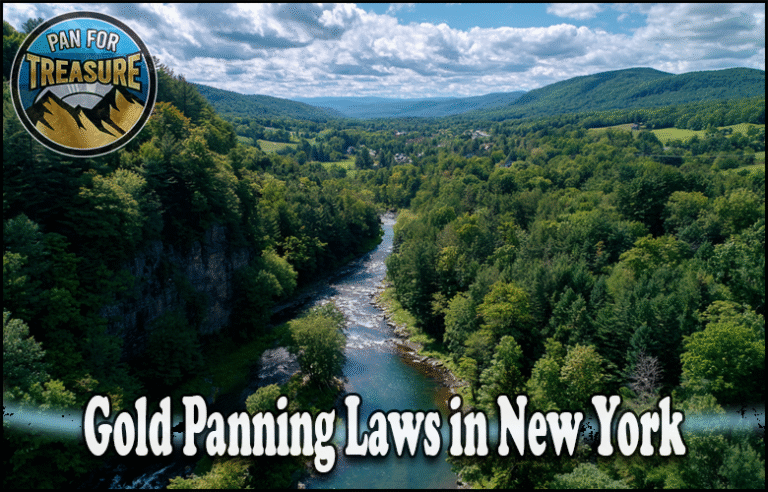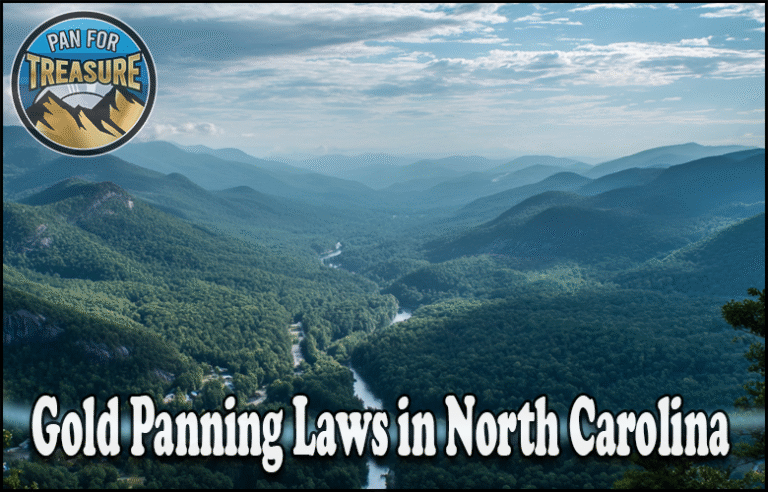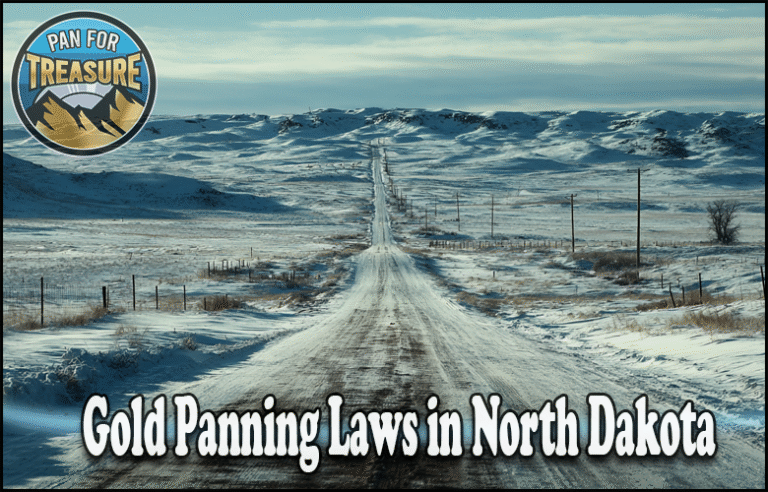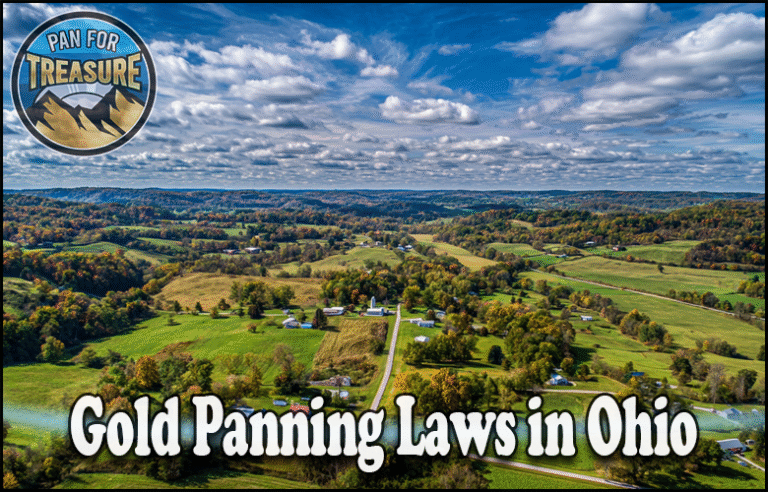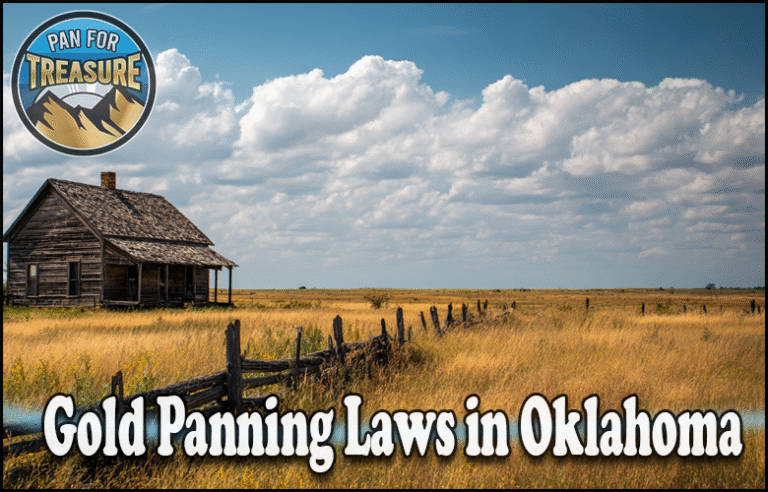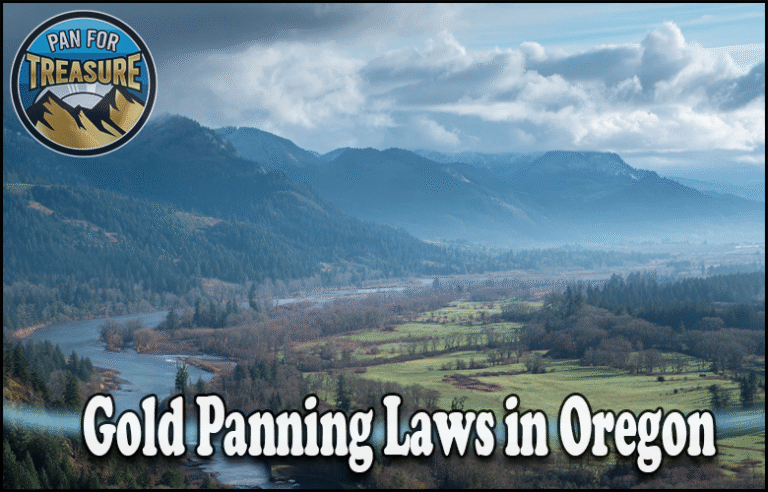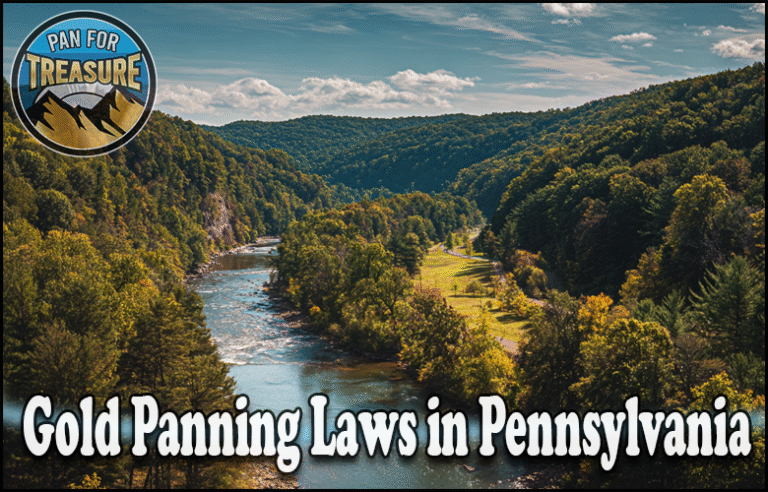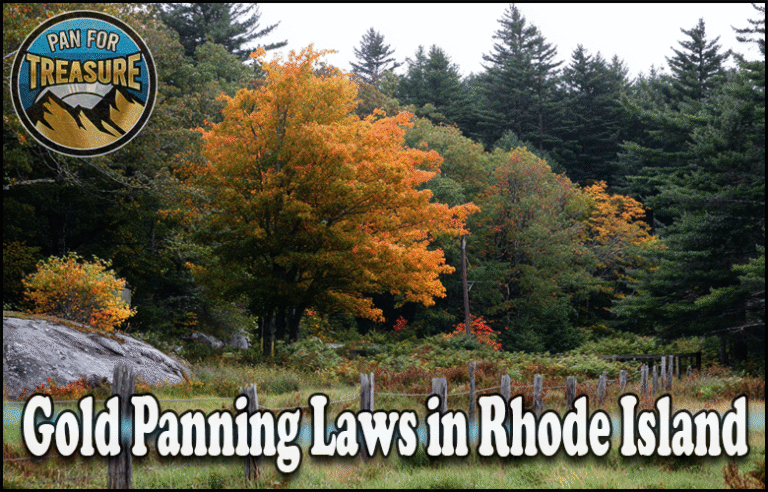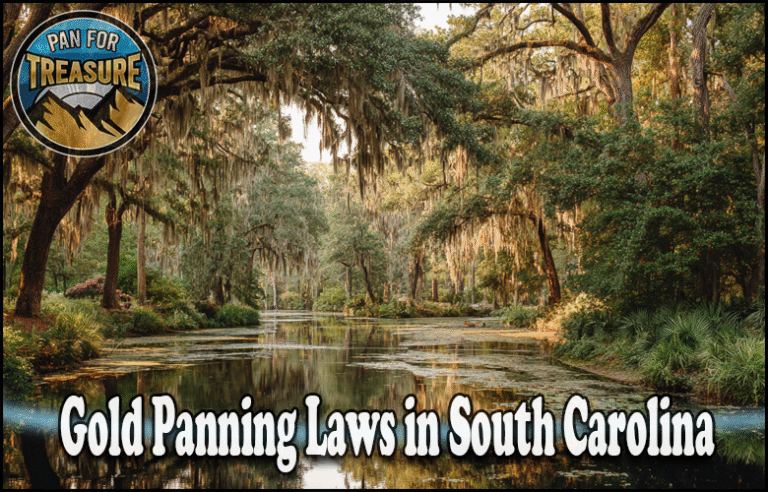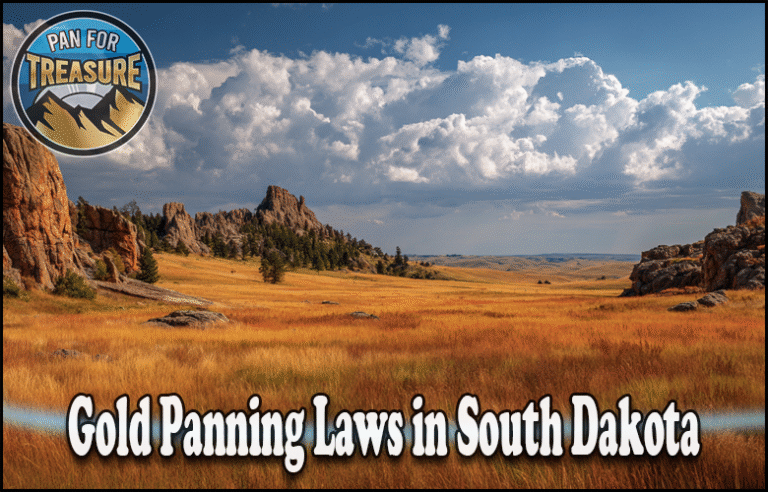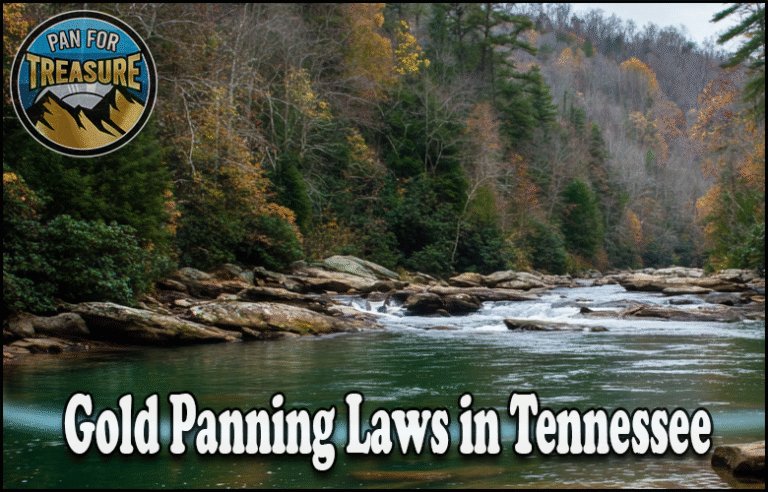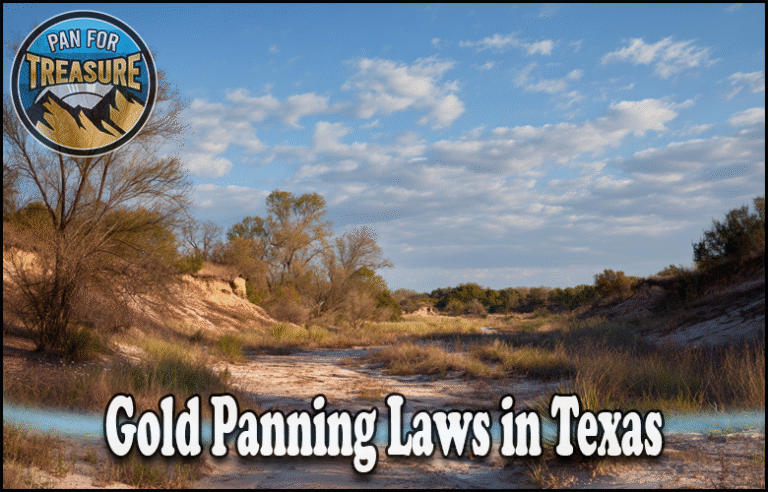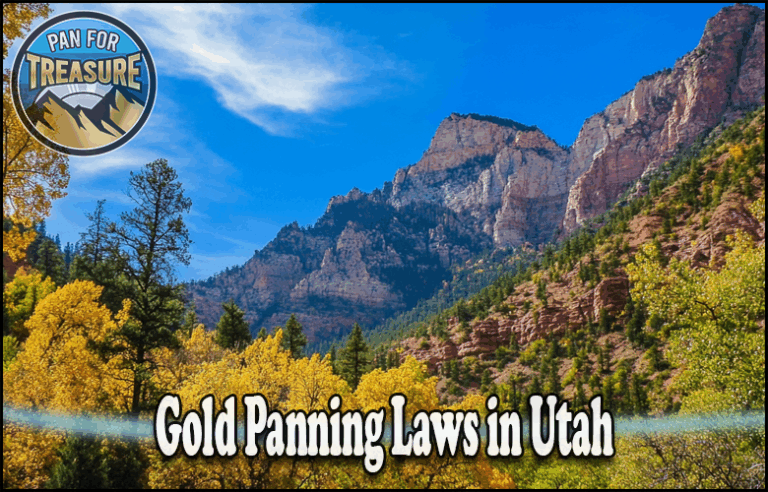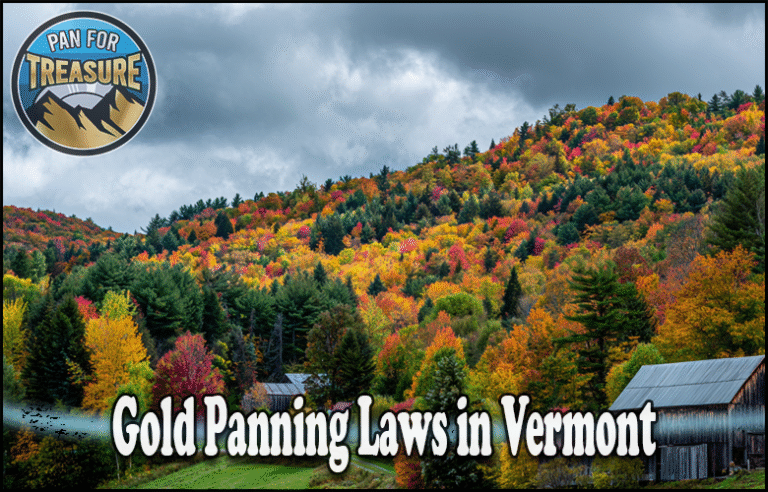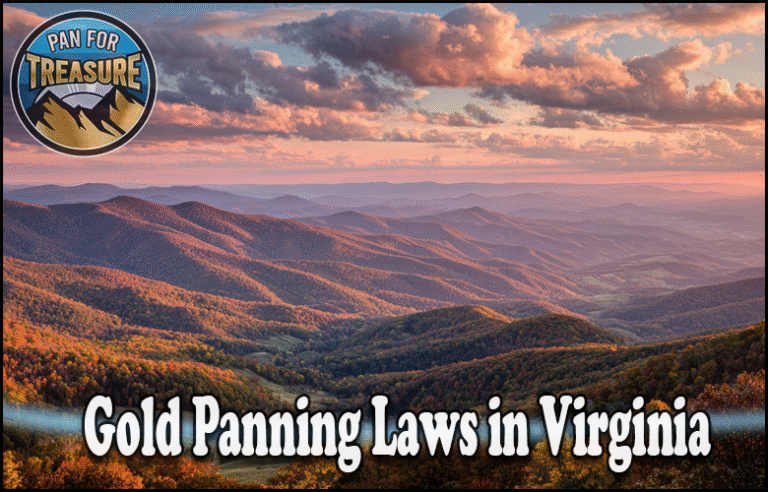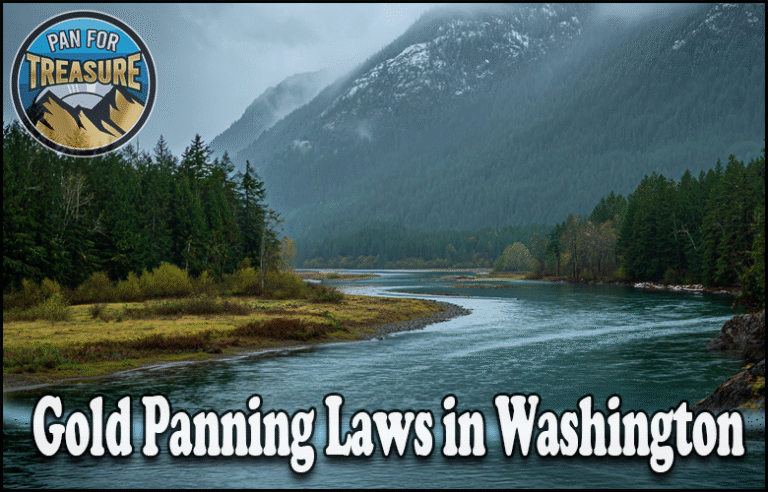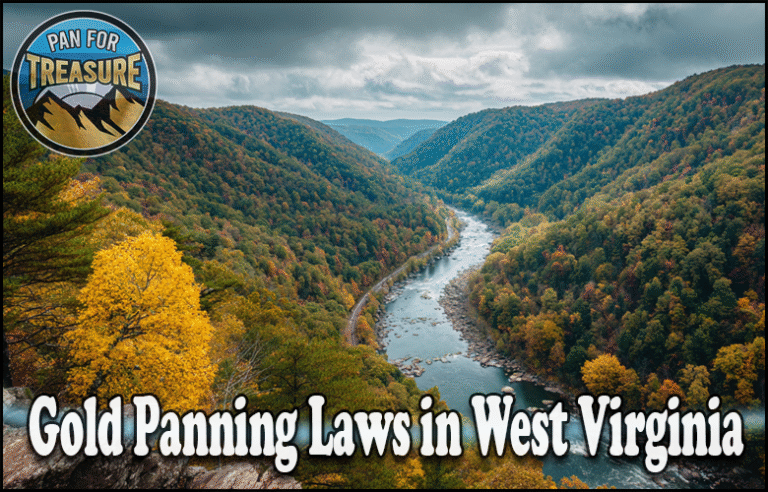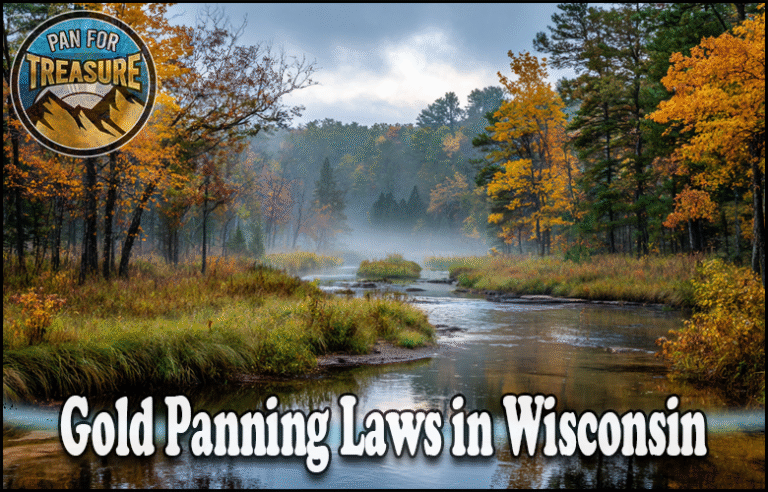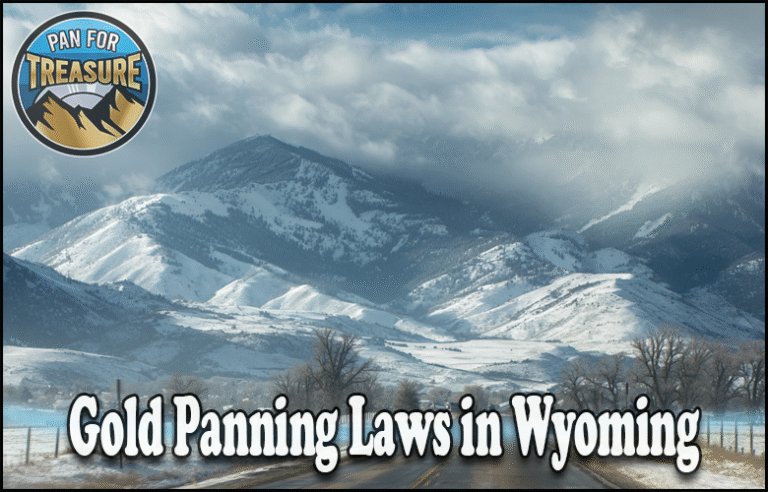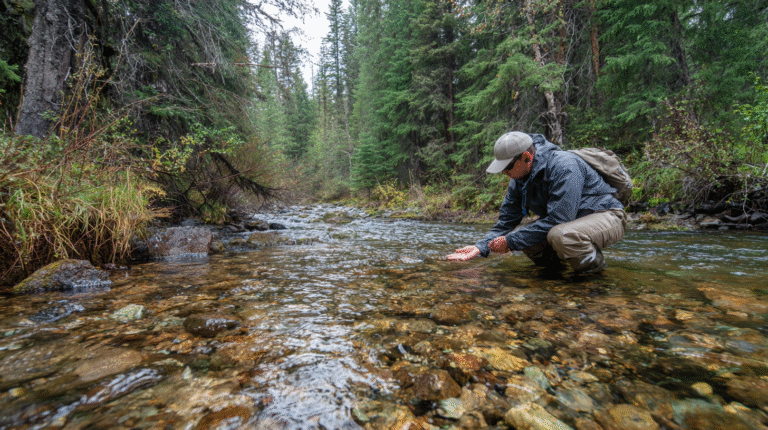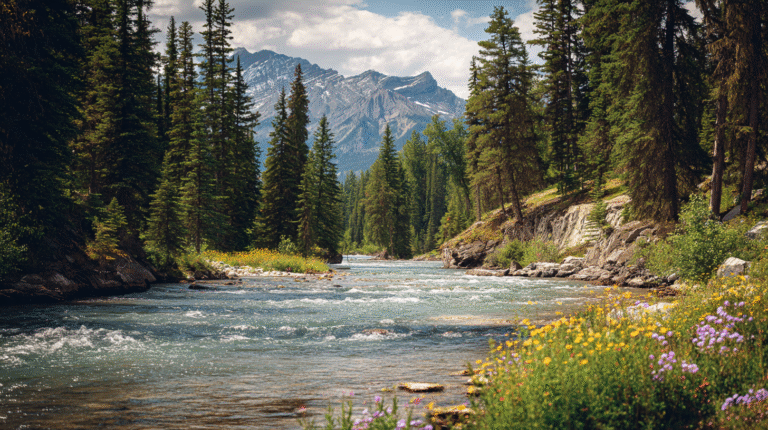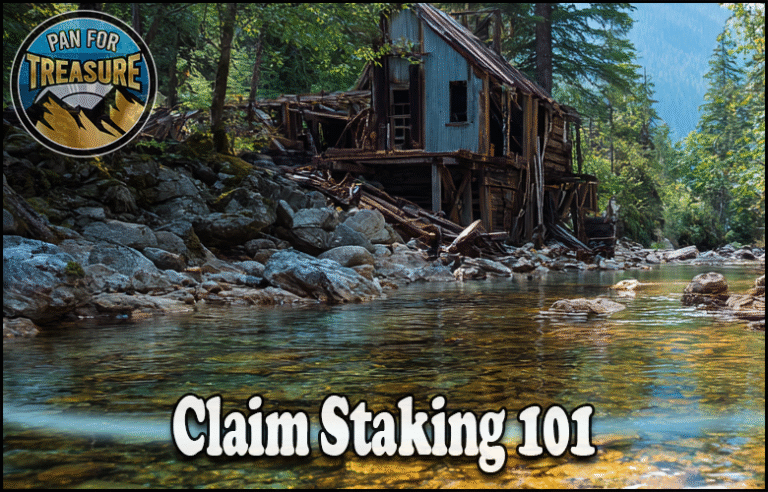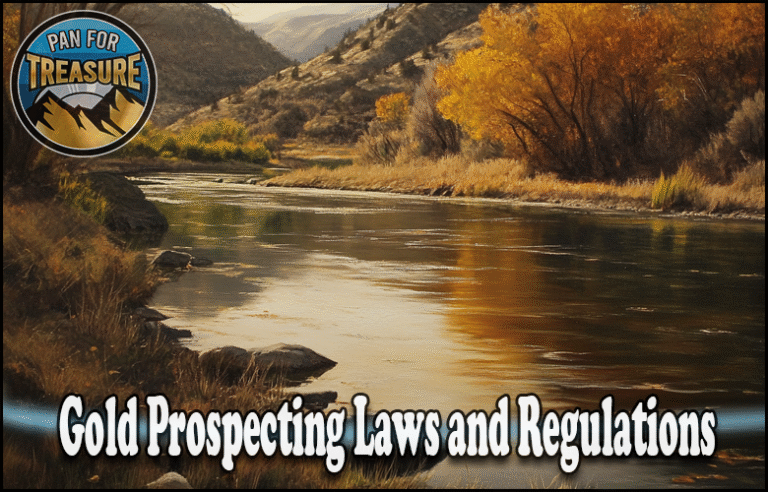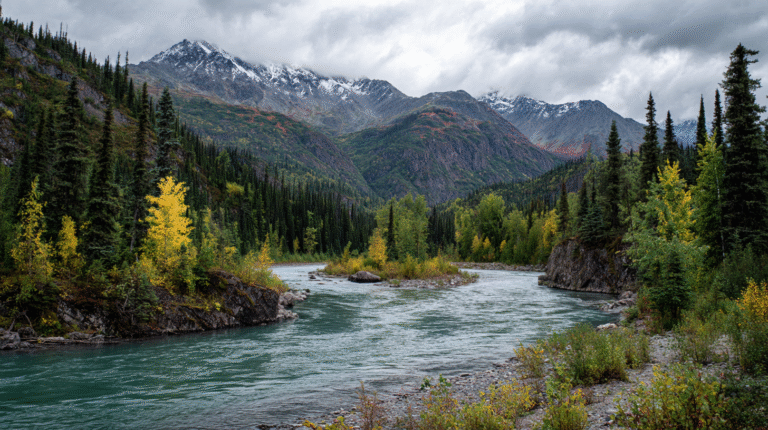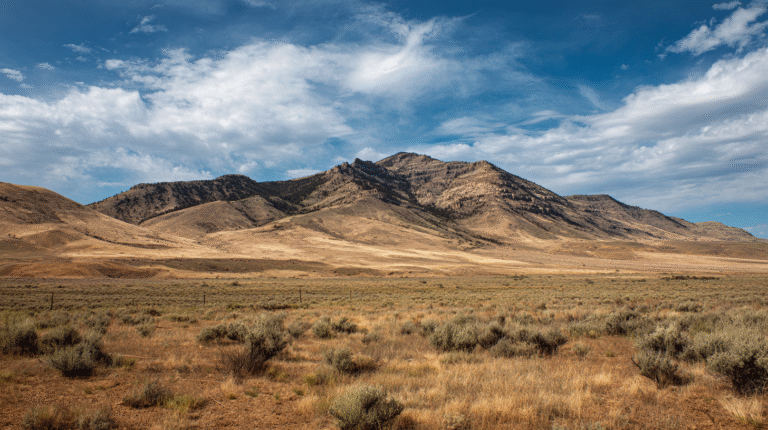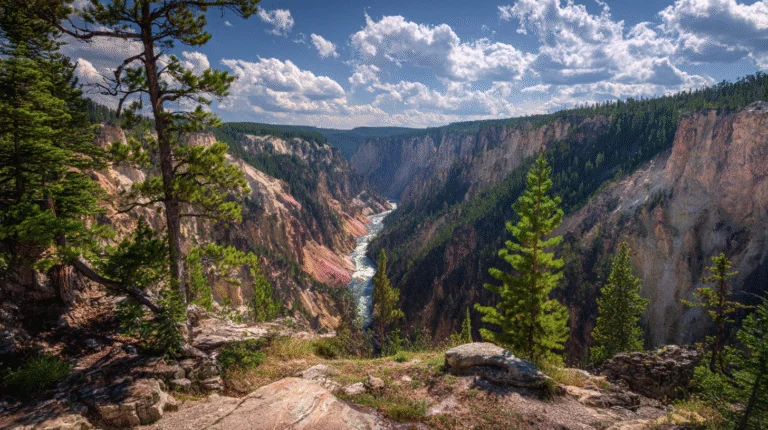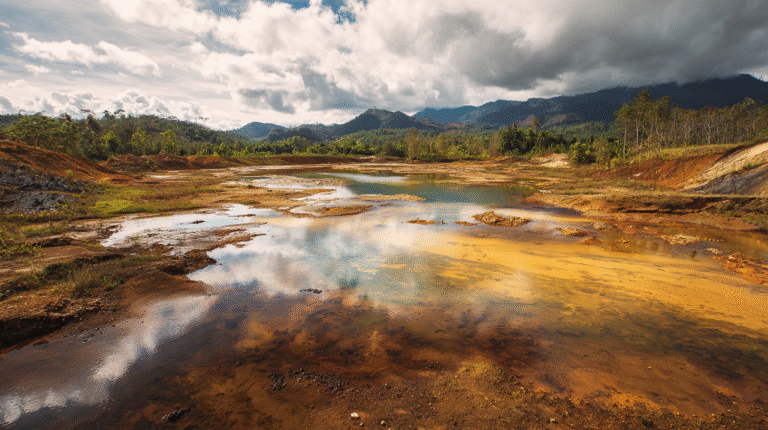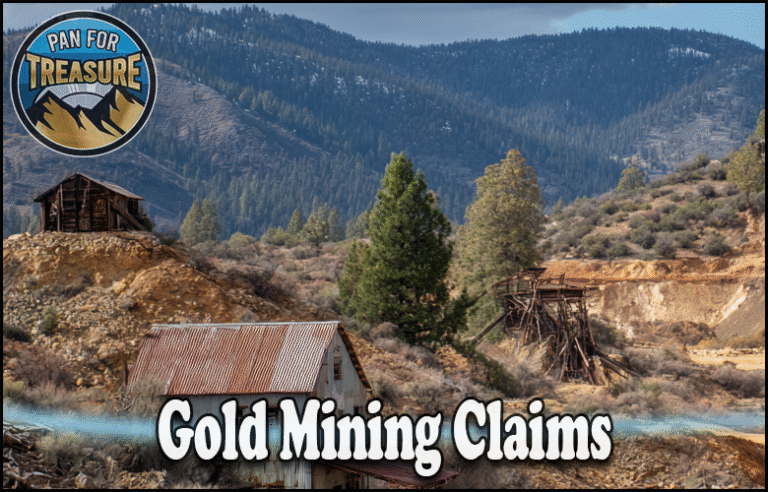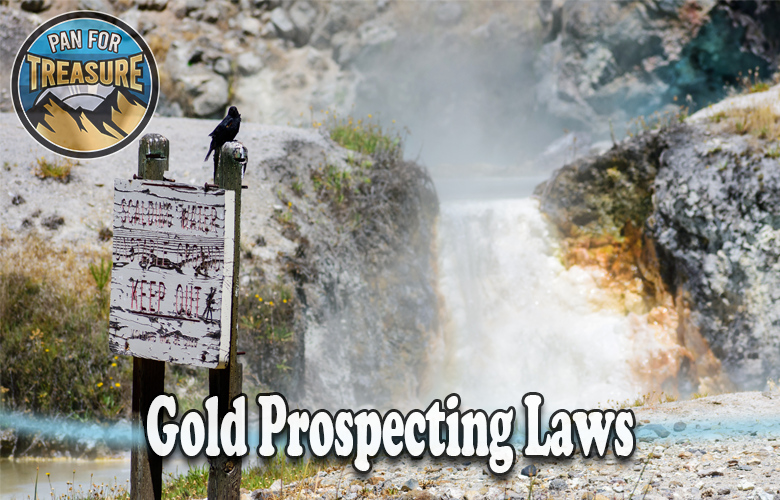
Understanding Gold Prospecting Laws: A Comprehensive Guide
Gold prospecting is a thrilling adventure that allows you to connect with nature while seeking valuable treasures beneath the earth’s surface.
However, navigating the complex landscape of gold prospecting laws and regulations can be a daunting task.
To ensure a successful and trouble-free prospecting experience, it’s crucial to be well-informed about the legal aspects governing your activities.
In this comprehensive guide, we will take you through the various levels of gold prospecting laws, from state to federal regulations.
Whether you’re a novice prospector or a seasoned veteran, having a clear understanding of these laws is essential for your own safety and the preservation of our natural resources.
State Regulations
1. Know Your State Laws:
- Gold prospecting laws can vary significantly from one state to another. It’s imperative to familiarize yourself with the specific regulations governing your state.
- State laws often dictate where and how you can prospect, including permitted prospecting areas, equipment restrictions, and permissible methods.
2. State Agencies and Permitting:
- Many states have designated agencies responsible for managing mineral resources and issuing permits for prospecting.
- We’ll explore the roles of these agencies and guide you through the process of obtaining the necessary permits.
3. Environmental Considerations:
- Environmental protection is a primary concern. We’ll discuss the environmental regulations that aim to safeguard the natural habitats and waterways affected by prospecting activities.
Federal Regulations
1. The General Mining Law of 1872:
- This federal law serves as the foundation for mineral prospecting in the United States. We’ll delve into its historical significance and its continued relevance today.
2. Wilderness Areas and Protected Lands:
- Prospectors must be aware of federal restrictions in wilderness areas, national parks, and other federally protected lands.
- We’ll provide insights into how these regulations impact your prospecting plans.
3. BLM Regulations:
- The Bureau of Land Management (BLM) plays a pivotal role in managing public lands for mineral activities. Learn about BLM’s regulations and permit requirements.
4. Environmental Compliance:
- Federal laws and regulations also emphasize environmental stewardship. We’ll discuss the Clean Water Act, Endangered Species Act, and other relevant statutes.
Navigating the Legal Landscape
1. Record-Keeping and Reporting:
- Proper record-keeping and reporting are essential to ensure compliance with both state and federal laws. We’ll provide guidance on what you need to document and report.
2. Code of Ethics:
- We’ll highlight the importance of adhering to a strong code of ethics in gold prospecting. Responsible prospecting ensures the longevity of this cherished pastime.
3. Penalties and Enforcement:
- Understand the potential consequences of violating prospecting laws, including fines and legal action.
Conclusion
Armed with knowledge about gold prospecting laws, you can embark on your gold-hunting journey with confidence, knowing that you’re following the rules and regulations that protect our natural environment and mineral resources.
Please note that while this guide offers valuable insights, it’s essential to consult your state and federal authorities, as laws and regulations may change over time.
Always stay informed and prospect responsibly to ensure a safe and rewarding experience.
Pins for Pinterest
If you like what you see, feel free to share some love on Pinterest ❤️
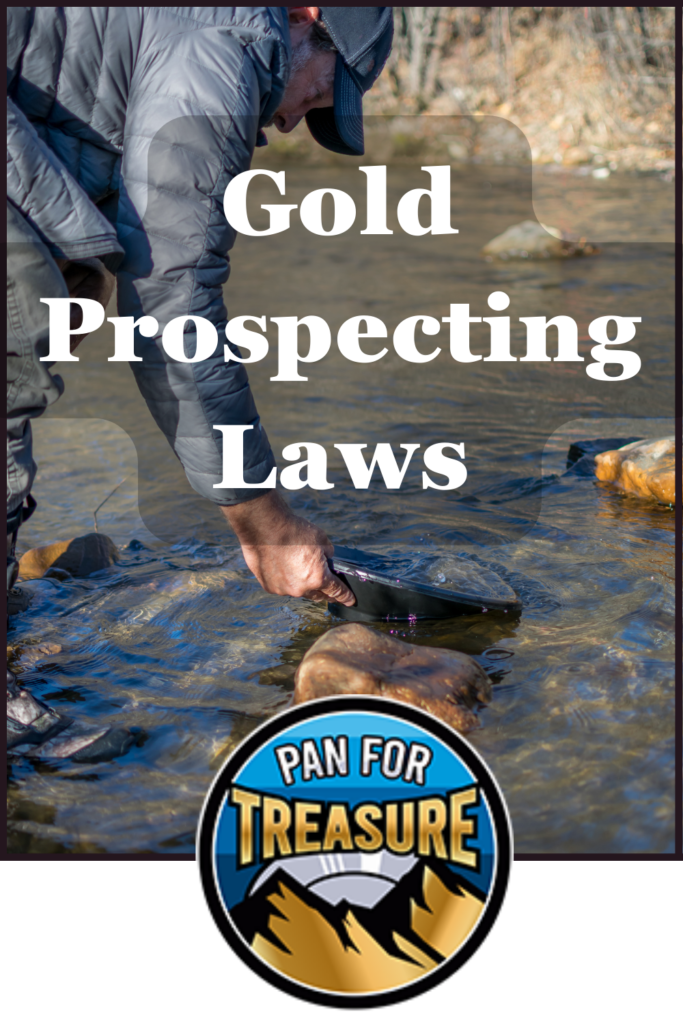
Subscribe to Our Newsletter



